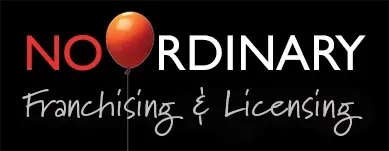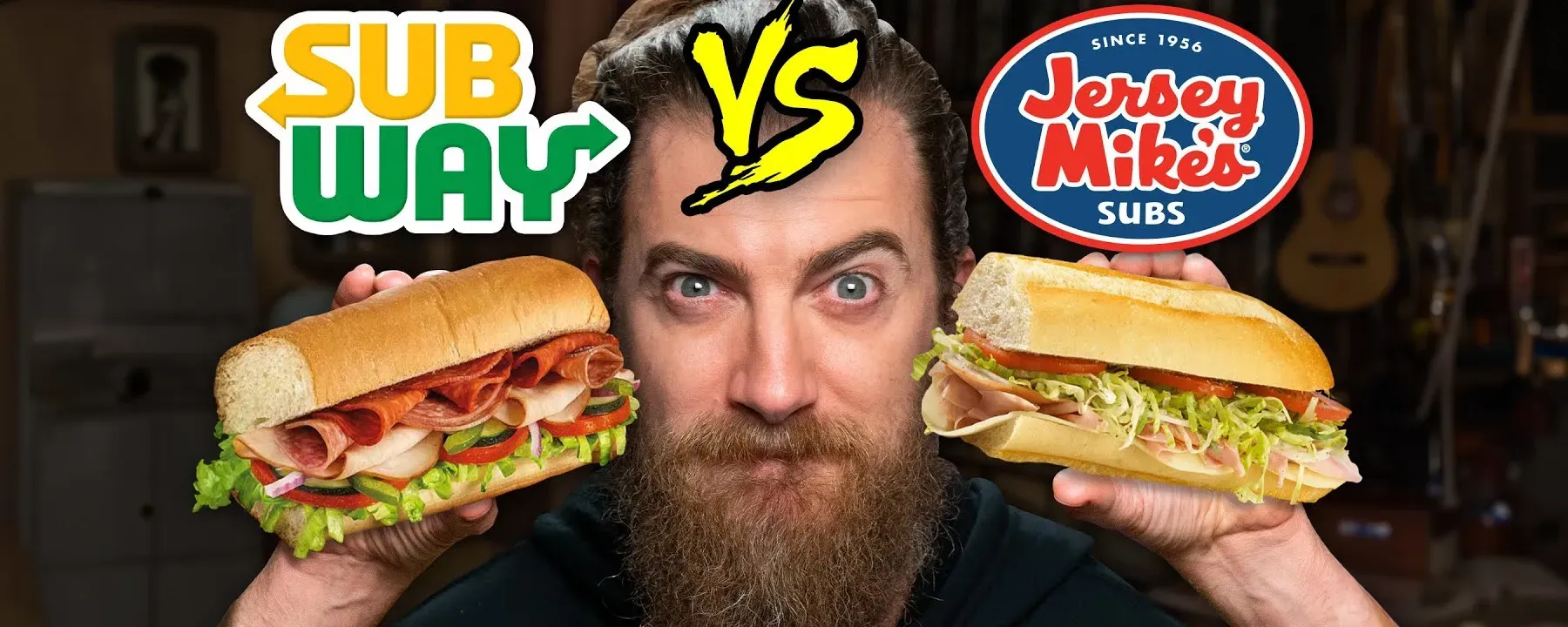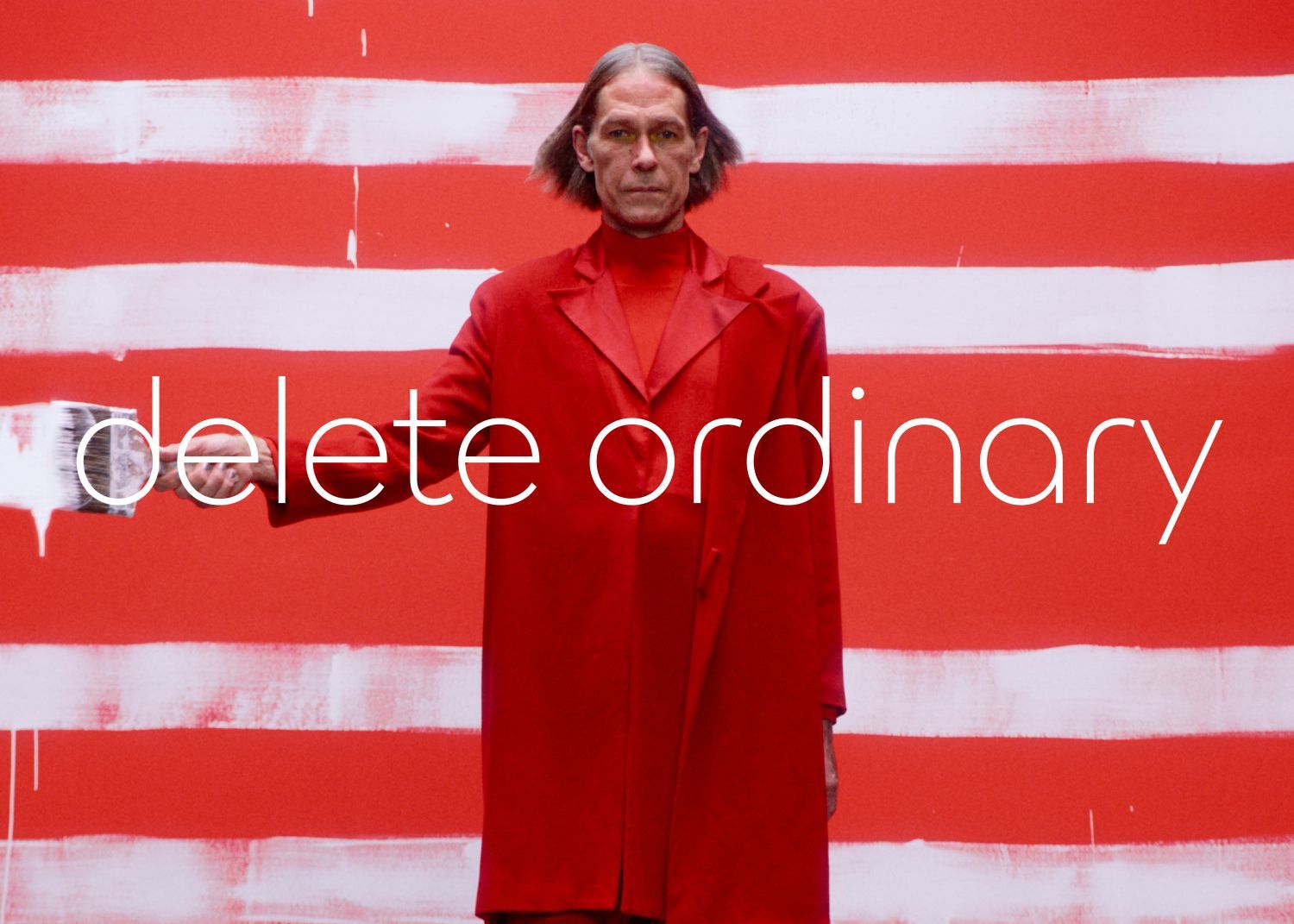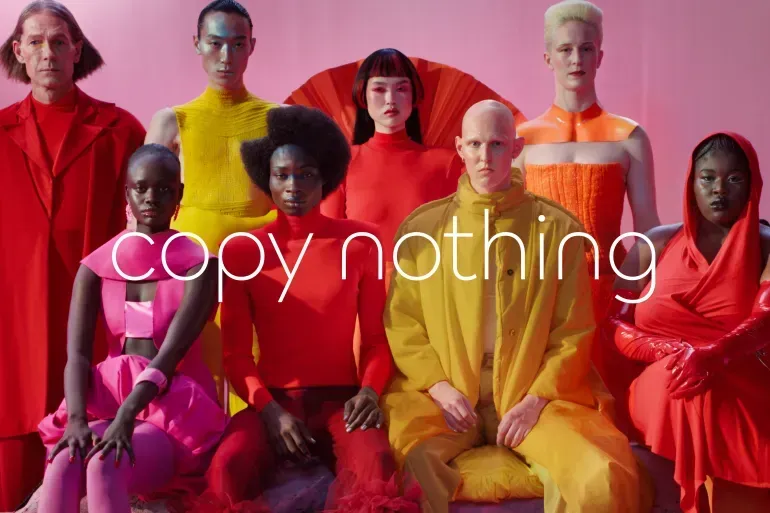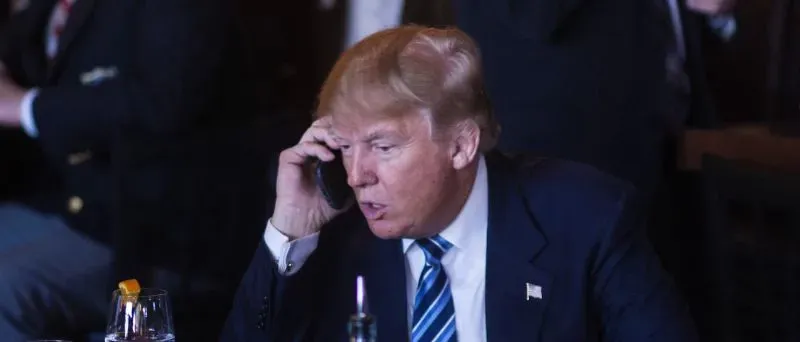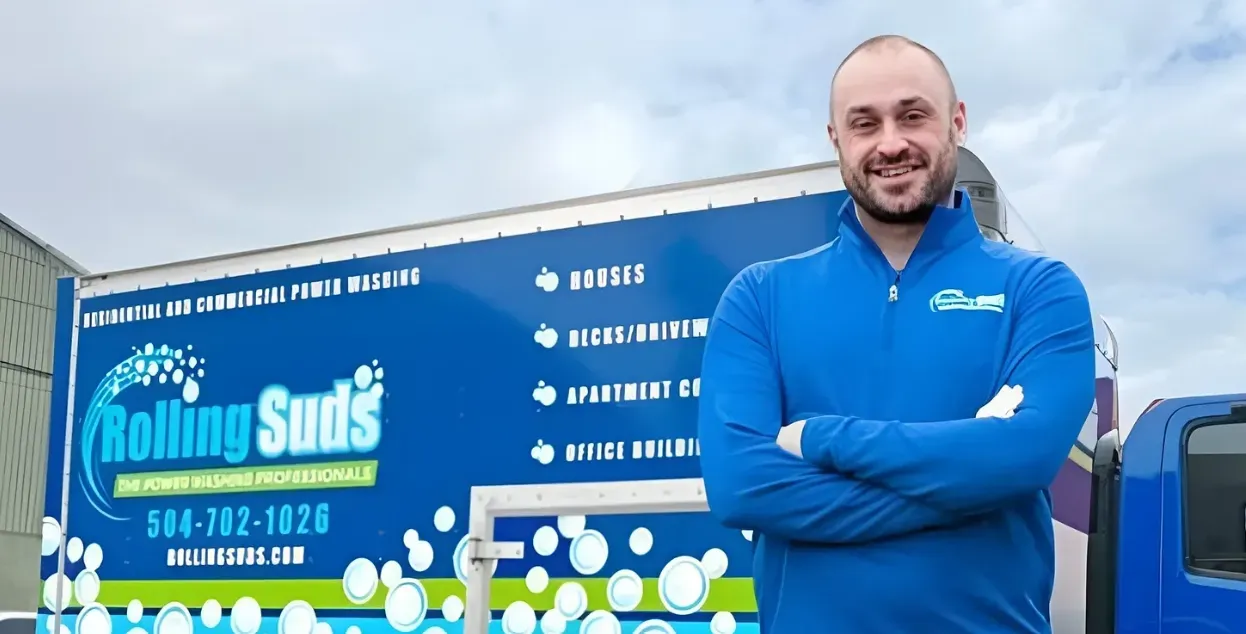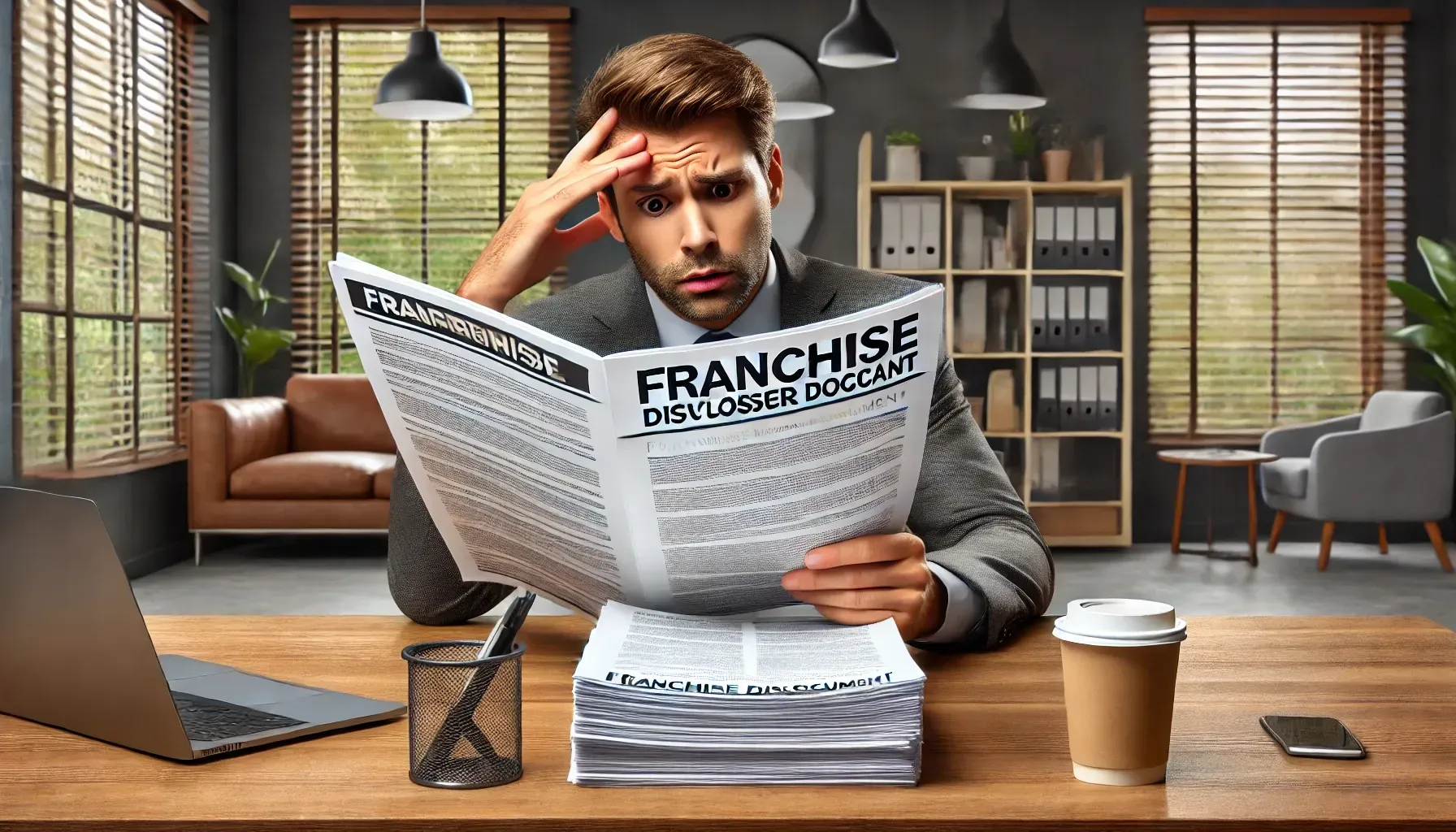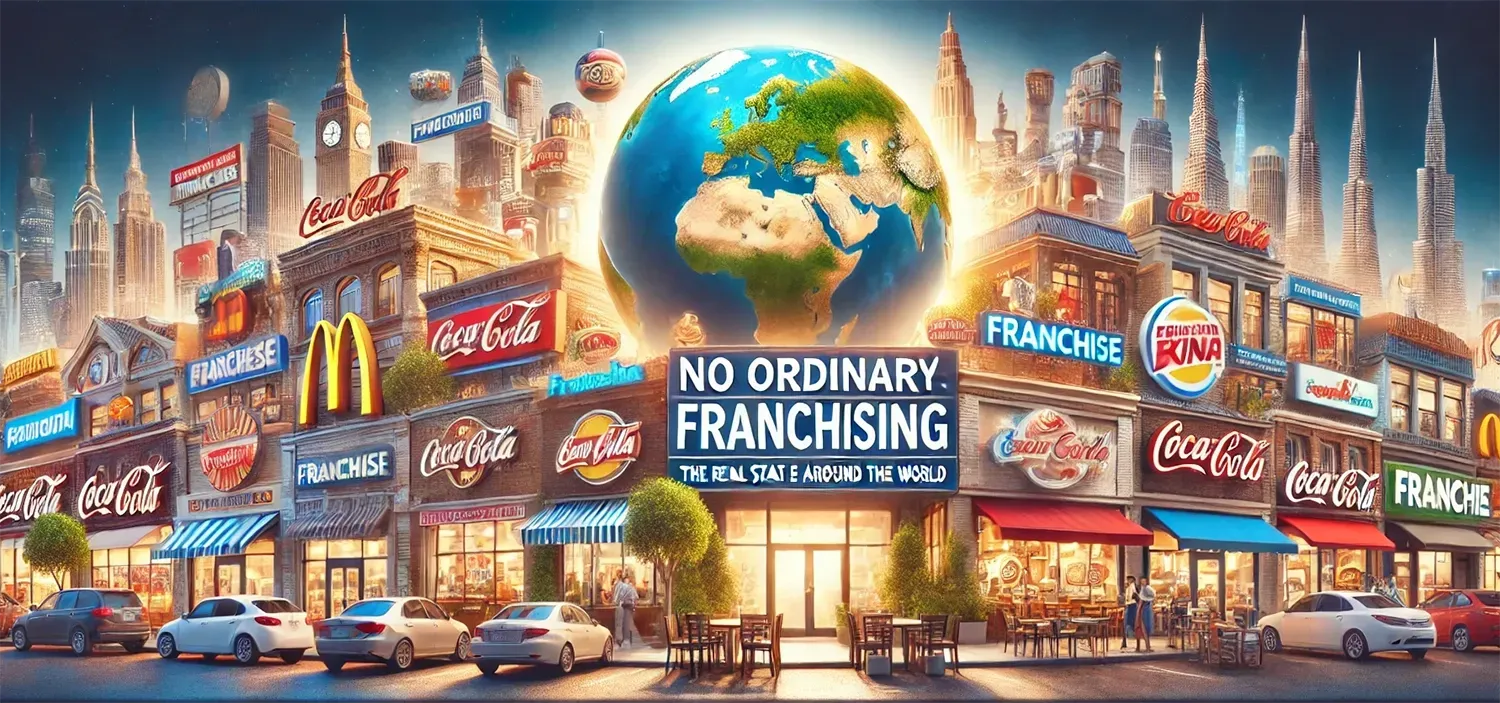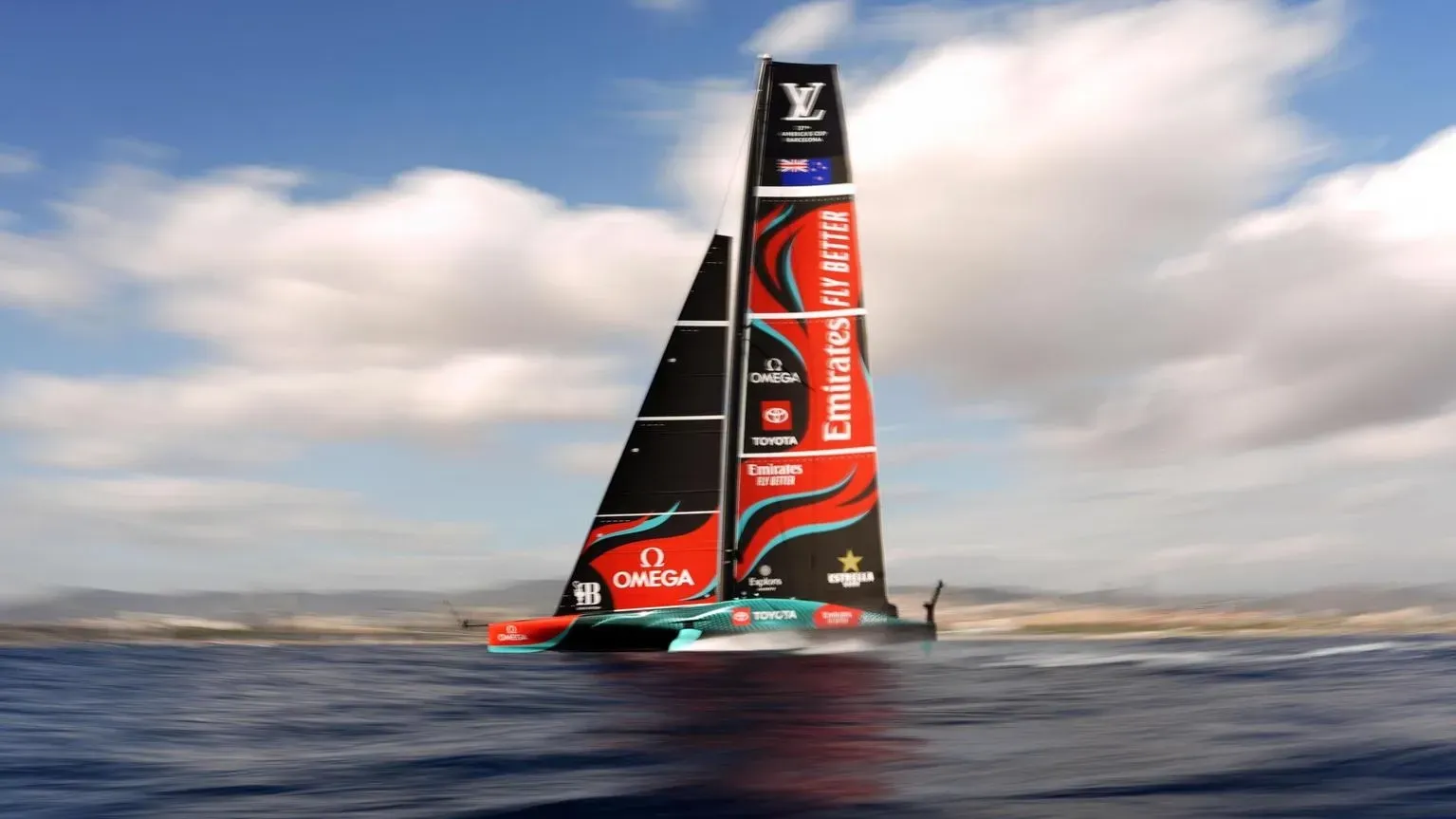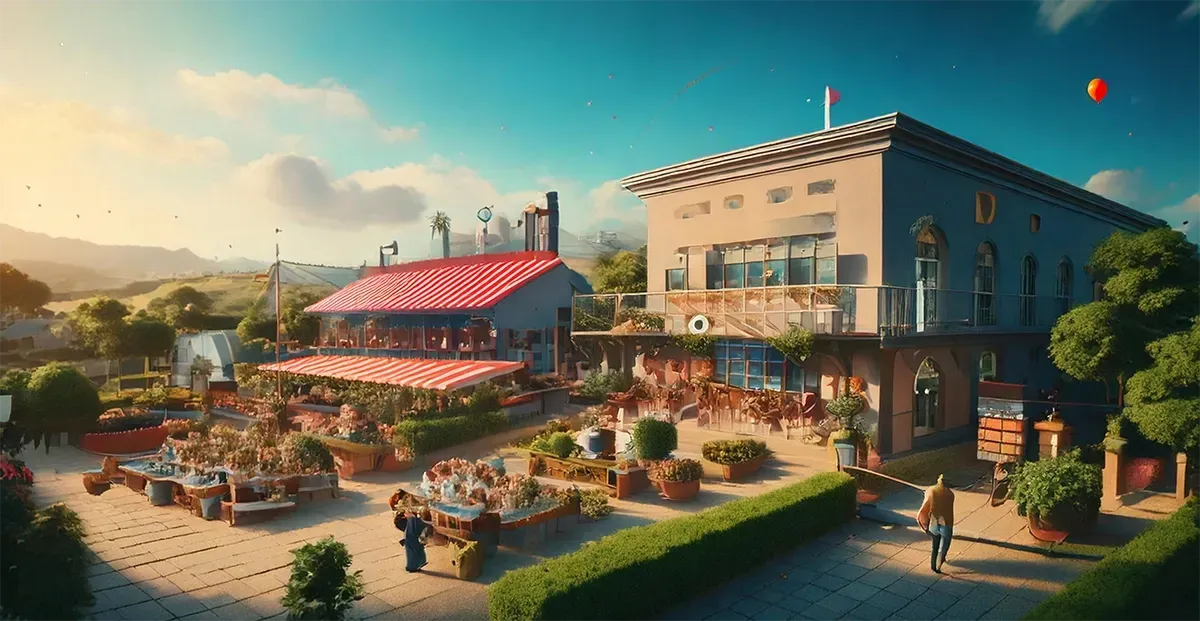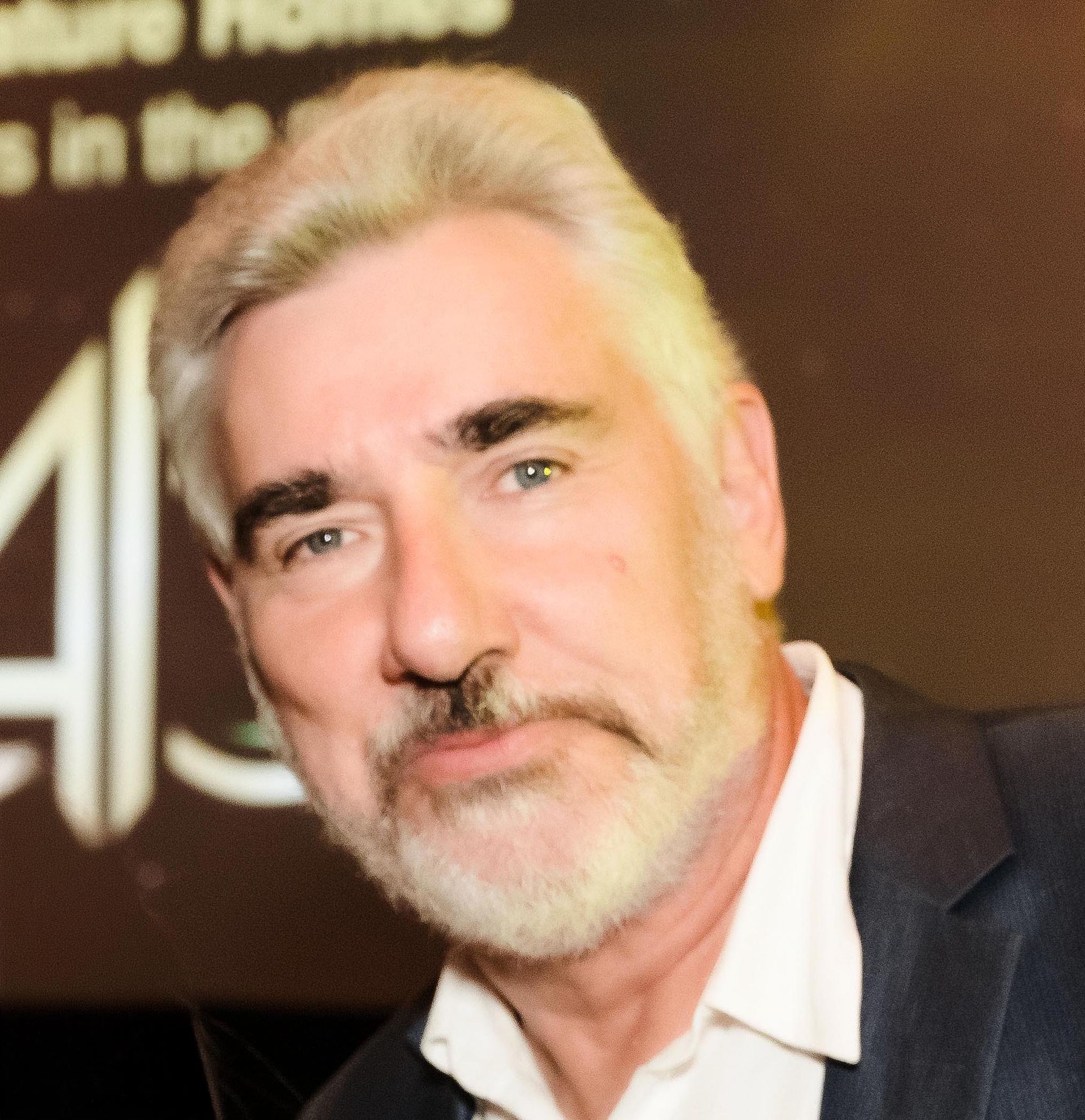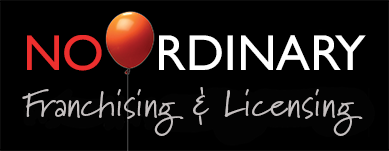Sound great?
“Another disrupter for the franchise industry to deal with,” said my friend in the franchise industry when I told him about it.
His comment made me think about Uber and the taxi companies. Apparently the ridesharing platforms are making life tough for the taxi industry, especially with international tourism closed down because of Covid.
Is that the taxi companies’ own fault?
Among the things I like about Uber is that it’s not only cheaper but also more convenient and user friendly. I like that you can use your phone to instantly arrange a ride, rather than waiting at a taxi rank or making a phone call (hailing cabs is not something we do a lot of in New Zealand). I also like that instead of having to complain about poor service, you can just give an offending driver a low rating (they can give you a low rating too if you’re an inconsiderate rider). If their average rating falls below a certain level, they get kicked out. So they’re incentivised to provide better service than a lot of taxi drivers I’ve met.
If you can’t beat ’em, join ’em
The taxi industry in New Zealand was slow to respond to the ridesharing threat. Uber came to New Zealand in May 2014 but it wasn’t until 2020 that Taxicharge, a billing company owned jointly by 16 taxi firms across New Zealand, decided to buy out New Zealand-founded ridesharing company Zoomy and start using their technology. Now those taxi firms plan to start competing more strongly with Uber and the rest by recruiting “thousands of drivers” who will operate on both the app and as traditional taxis.
Too little, too late?
First cab off the rank to test the new Zoomy app was Wellington Combined Taxis. WCT Chairman Dave Clyma said Zoomy has always been able to compete on price with its bigger competitors, but had struggled to get enough cars on the road.
“With our fleet of 500, the waiting time problems should disappear,” he said.
But the big question is, has Taxicharge left it too late? Although its member firms have a total of 3,000 taxis throughout New Zealand, Uber now claims it has more than 7,700 drivers.
Can environmentalism and patriotism offer a competitive advantage?
Uber comes originally from the United States. Ola and newcomer to New Zealand, DiDi, started in India and China respectively. Zoomy is the only app amongst the major ridesharing players that was developed in New Zealand.
So will an appeal to being “guilt-free” and “Kiwi-as” be enough to give Green Cabs an edge in the market? I love their blurb on Google Play:
“Your homegrown 100% NZ owned flash-as transport app. If you want to RIDE in style and support NZ owned companies who leave their profits in the NZ economy, and support the local communities, this app is for you. If you know about ‘blowing on the pie’, and you can ‘handle the jandal’, download this app to hook you up with our answer to the seriously uncool competition.”
Unfortunately this wasn’t enough and the firm was placed in liquidation in the early days of the pandemic. It now only operates in Queenstown.
Stop trying to sell quarter-inch drills
When I was doing an MBA course at the University of Auckland, we had to read Theodore Levitt’s ‘Marketing Myopia’. The article is a classic, required reading in just about every marketing course in the world. In it, Levitt says we’re too focused on producing goods or services and don’t spend enough time understanding what customers want or need.
“People don’t want a quarter-inch drill,” he used to tell his students. “They want a quarter-inch hole!”
Here’s my point
In a world where innovation is happening faster than ever, competitive advantages in business have become more temporary than ever. There’s an urgent need in franchising to keep up – and if possible, to lead. I’m thinking here of Domino’s and their testing of drone and robot delivery. I’m thinking of McDonald’s and their self-order kiosks.
The good news is that so much technology is available off the shelf.
If I owned a taxi company right now, I would be looking at a white label ridesharing app such as Moovit to help me compete and improve my user experience.
If I were the friend I mentioned at the beginning of this article, I would be considering Hnry as a way of further differentiating my franchise offer.
And if I were you, I would be talking to me about the challenges facing your industry and business right now and how to utilise innovation to gain a competitive advantage!
